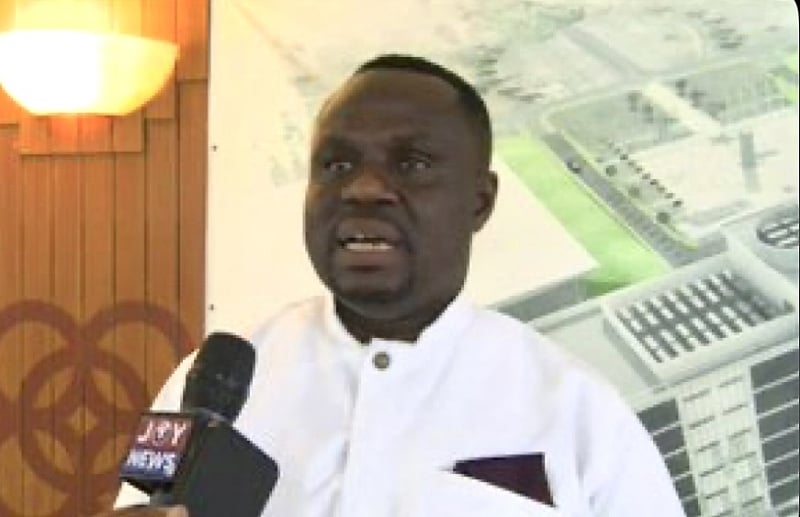Paragraph 1: Unveiling the Mid-Year Budget Review: A Focus on Fiscal Prudence
Ghana’s Parliament is set to receive the mid-year review of the 2025 budget, a critical assessment of the nation’s financial performance and trajectory. Eric Afful, Chairman of the Economy and Development Committee, has clarified that the government will not seek additional funding during this review. This signifies a commitment to fiscal discipline and adherence to the allocated budget of GHS293 billion. The presentation will take the form of a statement rather than a motion, highlighting the absence of new spending requests. This approach underscores the government’s intention to operate within the existing budgetary framework.
Paragraph 2: Adherence to Existing Appropriations: Reaffirming Fiscal Responsibility
The decision not to request supplementary funds demonstrates the government’s commitment to responsible fiscal management. By staying within the approved GHS293 billion budget, the government aims to maintain stability and predictability in public finances. This approach reinforces investor confidence and ensures that public resources are utilized efficiently. The emphasis on staying within the allocated budget signifies a commitment to transparency and accountability in financial management.
Paragraph 3: Procedural Implications of the Mid-Year Review: A Streamlined Approach
The presentation of the mid-year budget review as a statement has procedural implications for parliamentary proceedings. Since no new spending is being requested, Members of Parliament will not engage in a full-scale debate but will be afforded the opportunity to provide comments and feedback on the statement. This streamlined approach reflects the nature of the review, which focuses on assessing performance against the existing budget rather than introducing new financial measures.
Paragraph 4: Spotlight on Key Initiatives: Progress on the “Big Push” Agenda
The mid-year budget review will provide updates on key initiatives outlined in the original 2025 budget. Among these, the government’s “Big Push” agenda, a flagship capital investment program focused on infrastructure development, will receive particular attention. With an allocation of GHS10.3 billion, the “Big Push” represents a significant commitment to infrastructure-led growth and is expected to play a pivotal role in the nation’s economic development. The review will offer insights into the progress made on this crucial initiative.
Paragraph 5: Infrastructure Development as a Catalyst for Growth: The “Big Push” Strategy
The “Big Push” agenda represents a strategic investment in infrastructure, aiming to stimulate economic growth and create a more robust and resilient economy. By focusing on infrastructure development, the government seeks to address critical bottlenecks and create an enabling environment for private sector investment. This approach is expected to generate employment opportunities, enhance productivity, and improve the overall quality of life for Ghanaians.
Paragraph 6: Implications for the Ghanaian Economy: Balancing Fiscal Prudence with Growth Objectives
The government’s decision to maintain fiscal discipline while emphasizing infrastructure development through the “Big Push” agenda reflects a balanced approach to economic management. By adhering to the approved budget, the government aims to ensure stability and predictability in public finances. Simultaneously, investments in infrastructure are expected to generate long-term economic benefits. This dual focus on fiscal prudence and growth-oriented initiatives positions Ghana for sustained economic development. The mid-year budget review provides a crucial platform for assessing the effectiveness of this strategy and making necessary adjustments to ensure the nation’s continued progress.


